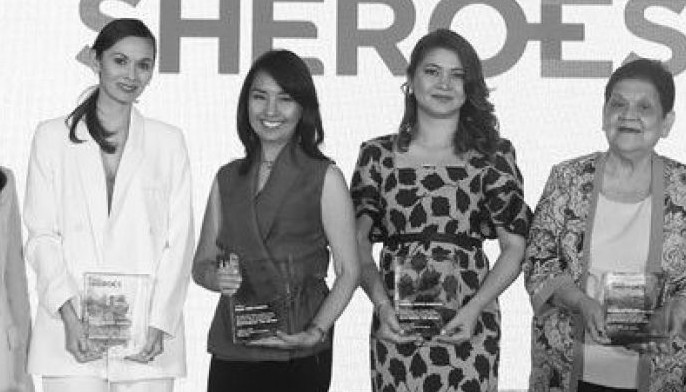My journey in the Philippines
MANILA, Philippines - Lives were lost, property and livelihood were destroyed, and people were left with a memory of howling winds and torrential rains brought by super typhoon Yolanda.
As IsraAID professional adviser, I spent seven months in the Philippines to help carry out IsraAID’s expressive arts training of trainers in psycho-social support. Participants from the Departments of Health, Education, and Social Welfare composed our core team of trainors. IsraAID country director in the Philippines Adva Vilchinski and Ormoc’s city health officials led by Dexter Mendola led the training facilitated by Israeli therapists and the core team.
The sessions dealt with psychological first aid, trauma and secondary trauma, loss, grief and mourning, coping and resilience, and post-traumatic growth. A total of 159 participants learned about these topics theoretically and experientially through visual arts, movement, drama and music.
I learned that some of the participants had integrated their new knowledge and experiences into their work and sometimes into their personal lives.
Noting the need for a year-long program on family counselling, IsraAID partnered with the city social welfare and development. Every month, four different groups participated in a two-day training on adolescence, child abuse and neglect, group facilitation, children and their emotional needs, family dynamics in crisis situations, gender-based violence, elderly, illness, loss, grief and mourning, domestic violence, and substance abuse.
Some might wonder about the relevance of family counselling on humanitarian relief after a natural disaster.
In the Philippines, the family is a major psycho-social support component of the society. But after a disaster – the loss of lives, homes or livelihood, the family suffers from stress. Children may be neglected or familial tensions may be higher. The individual roles in families may have to change. In addition, ongoing stress due to trauma may influence how people behave.
I have learned that there is something very special about Filipinos.
To illustrate, on a three-hour ferry ride from Cebu to Ormoc, I felt sick. I was immediately surrounded by three Filipino women: one gave me a menthol-smelling rub, one massaged my back and hands, and one brought me a bottle of water. I was a stranger to them but their instinct was to help. And when it suddenly rained during an outdoor dance practice for children, a woman instantly came up to me with an umbrella.
This openness to strangers is everywhere: Strangers helping me walk up the steps to the ferry, polite greetings, offers for directions, and children waving hello.
Filipinos I met are resilient as they continue to live through what seems to be a never-ending series of disasters. They believe in God, family, humor and laughter.
Countless people have thanked us for coming over to help. I thank them for welcoming me so warmly to their country.
(Dr. Tammy Bar-On is a lecturer at Haifa University in Israel, a licensed art therapist, and IsraAID professional advisor. — Ed.)
- Latest























